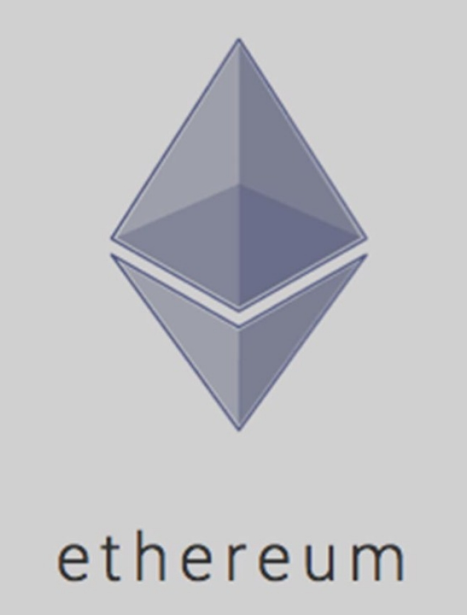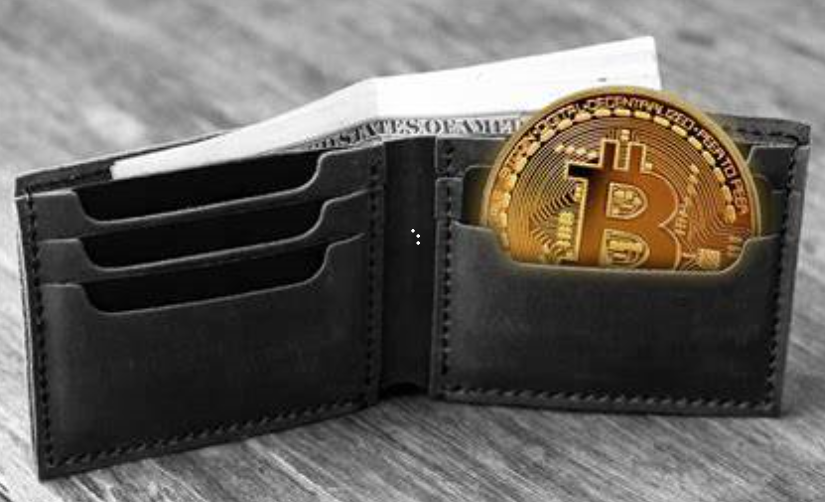How Decentralized Transactions are changing our global sytem
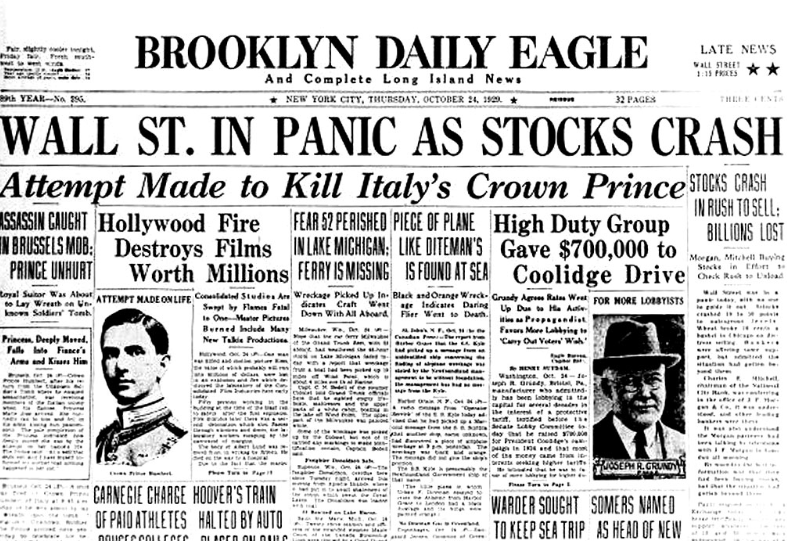
For hundreds of years people have used centralized banking in order to hold wealth and to make transactions. The bank held the ledger like some top secret document that no common man could have access to, and we let them control our money and we trusted them.
After the 2008 meltdown, where we had to
print trillions of dollars in order to keep these previously trusted banks
solvent or face global bankruptcy, someone named Satoshi Nakamoto showed us a
real alternative to centralized banking.
Bitcoin to the rescue
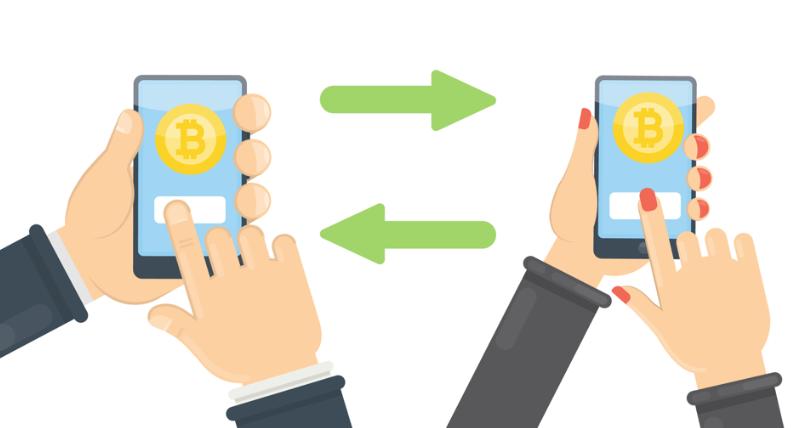
Bitcoin
was introduced in a document in October of 2008. Decentralized transactions, moving digital
currency from one person to another on a blockchain (open ledger) with no middle man, had begun. This ledger would be open to
the public which is basically anyone with a computer and an internet connection who could verify every transaction back to the first.
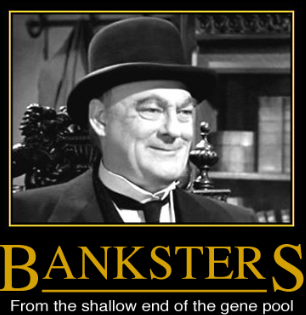
In order to have a decentralized transaction system, there were some obstacles to overcome. A system that works without a middle man or a central bank must be trustless. This means a transaction must be able to be made over the internet without fear of it getting lost, stolen etc.
This was the main reason Banks handled money, but as you can see banks can be very untrustworthy.
Satoshi
Nakomoto gave us the ability to encrypt our transactions using computer
algorithms, which in essence is computers taking over the trust we had lost with the banking
system.
Decentralized transactions and Miners

There was also the problem of double transactions, where a
person could use the Bitcoin they didn’t have before the transaction was
completed. Satoshi came up with a clever
way to incentivize users to become miners helping verify and confirm blocks to the blockchain.
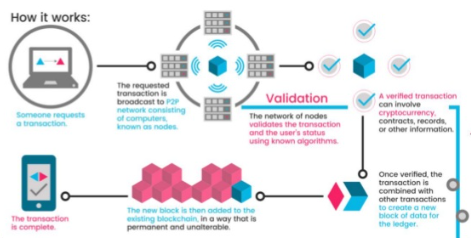
In this way a group of
Bitcoin users would verify transactions making sure there weren’t double
transactions. These miners would compete
and be paid to complete these transactions keeping the system decentralized and
trustless!
Alt Coins - The Future

Alt
coins have made improvements to the Bitcoin decentralized blockchain. Litecoin lowered the block creation speed to
2 and a half minutes from Bitcoin’s 10 minutes per block. Bitcoin Cash was forked from Bitcoin because
they wanted a bigger block of transactions which they have accomplished.

Theta technology solves the internets slow transmission speeds through incentivized bandwidth sharing. Through patented decentralized payments this technology will soon be on TVs, tablets, computers creating a mesh network and solving the "last mile" bottleneck.
Bitcoin still has advantages of being a bigger name along with being more trustworthy but the rest of the crypto alt coin community is advancing quickly.
These are just a few examples of how Decentralized transactions are
becoming more efficient and hopefully soon will take over for the
centralized mess of the banking systems we now have.
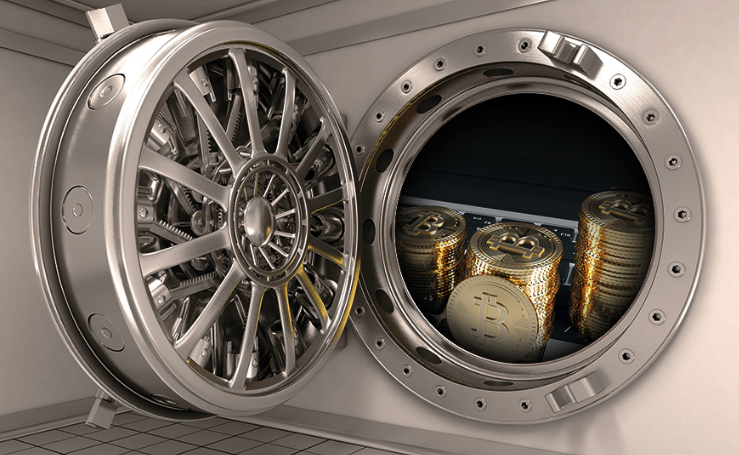
Recent Articles
-
Cryptocurrency is about to go mainstream, come find out why.
Feb 20, 22 11:33 AM
Cryptocurrency about to explode, as big money starts to invest these prices won't stay low for long! -
Theta Network
Feb 19, 22 11:14 PM
Theta technology solves the internets slow transmission speeds through incentivized bandwidth sharing. -
CryptoWallet tips and tricks and keeping your Crypto safe.
May 31, 20 05:17 PM
How to store your Coins in Crypto Wallet giving you peace of mind!
